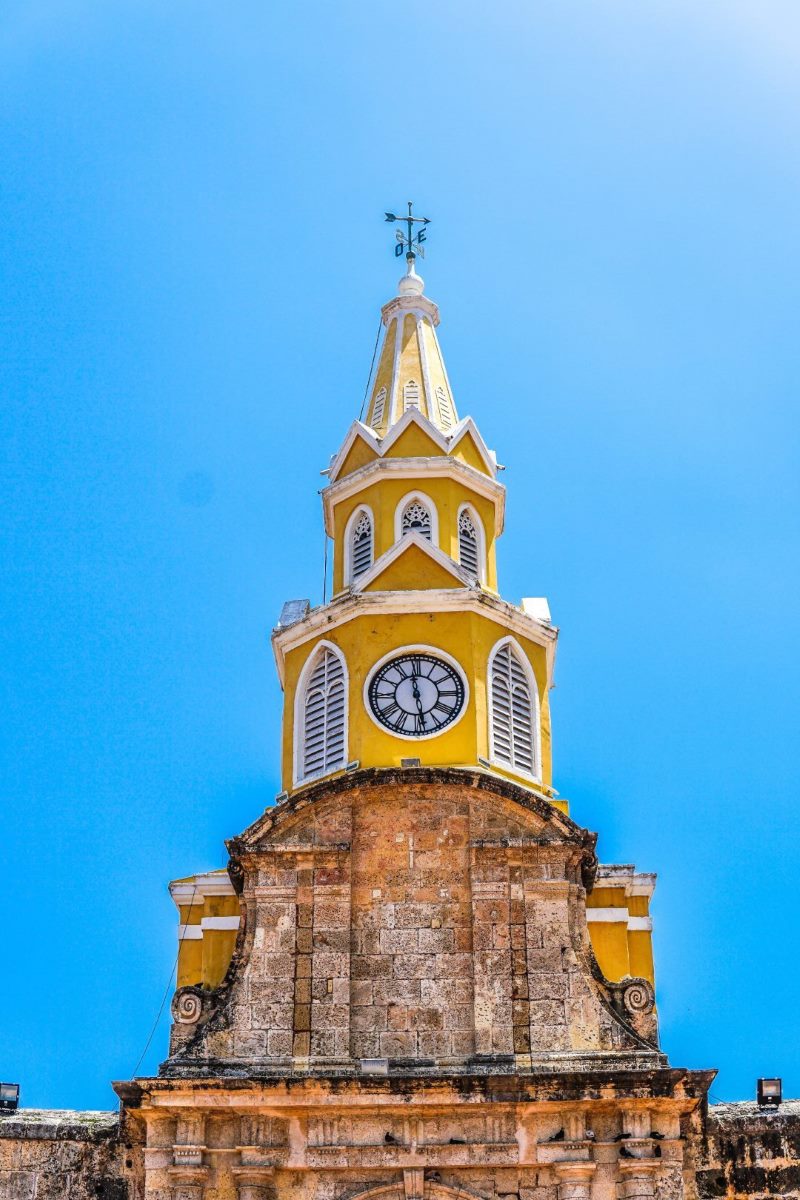The 10 Most Interesting Facts about Tunis
Tunis, the capital of Tunisia, is a North African city with a rich history and culture. Here are ten of the most intriguing facts about this fascinating city.
1. Carthage, the ancient city
Tunis was built on the ruins of Carthage, a powerful civilization that existed over 2,000 years ago. These ancient ruins can still be seen in the city today.
2. The Medina
The Medina of Tunis is the old city center, dating back to the 8th century. It’s a UNESCO World Heritage site and a maze of narrow alleys, colorful markets, and stunning architecture.
3. The Bardo Museum
The Bardo museum in Tunis houses one of the largest collections of Roman mosaics in the world. It is also home to a vast collection of Islamic art and artifacts.
4. A mix of cultures
Tunis has been influenced by different cultures throughout history, including the Phoenicians, Romans, Arabs, Ottomans, and French. This blend of cultures can be seen in the city’s architecture, cuisine, and language.
5. Olive Oil Production
Tunisia is one of the largest producers of olive oil in the world, and Tunisian olive oil is considered to be some of the best.
6. The Great Mosque of Tunis
The Great Mosque of Tunis is one of the largest in North Africa and dates back to the 9th century. It’s an impressive example of Islamic architecture and is a popular tourist attraction.
7. Tunisia’s Independence
Tunisia gained independence from France in 1956, making it one of the first countries in Africa to do so.
8. Famous people from Tunis
Tunis has been home to many famous people, including Youssef Rzouga (poet), Dorra Zarrouk (actress), and Habib Bourguiba (first president of Tunisia).
9. The Hannibal statue
The Hannibal statue in Tunis is a symbol of the city’s history and heritage. It’s a statue of the famous general Hannibal, who was born in Carthage.
10. The Sidi Bou Said Village
Sidi Bou Said is a picturesque village located just outside Tunis. It’s known for its white and blue painted buildings and stunning views of the Mediterranean.
In conclusion, Tunis is a city with a rich history and culture that is sure to fascinate anyone who visits. From ancient ruins to modern attractions, there is something for everyone to enjoy in this North African gem.
An Insider’s Guide to Tunis, Tunisia
Tunis is the capital city of Tunisia, situated on the Mediterranean coast. The city is known for its unique heritage, reflecting its long and varied history. It is a city of contrasts, with ancient landmarks and modern vibrancy, making it an exciting destination for travelers. Here are some of the best things to do and see in Tunis.
Local Attractions
The Bardo Museum is one of the must-see places in Tunis. It houses the largest collection of Roman mosaics in the world, as well as a wide range of other exhibits, tracing the history and culture of Tunisia. The ancient ruins of Carthage, located near Tunis, is another must-visit attraction. It dates back to the 9th century BC, and you can explore the ruins of the ancient city’s amphitheater, public baths, and villas.
Explore the Medina, the historic heart of Tunis, and a UNESCO World Heritage Site. Wander through its winding streets while taking in the vibrant colors, smells, and sounds. Visit Dar Ben Abdallah, a beautiful 18th-century house transformed into a museum showcasing traditional Tunisian life.
Dining
Tunisian cuisine is a fusion of multiple cultures, influenced by Berber, Arabic, and Mediterranean cuisines. Do not miss the opportunity to try a hearty, traditional couscous dish, the national dish of Tunisia. You must try Brik, a thin, crispy dough filled with egg, tuna, or cheese, and then fried. For a sweet treat, don’t forget to try the delectable Tunisian baklava. You’ll find foodie heaven in the city’s markets, such as Souk el-Blat and Souk el-Attarine, where you’ll find traditional street food and lots of local produce.
Cultural Experiences
Take a break from the sightseeing and immerse yourself in cultural experiences that reveal the city’s way of life. Take a cooking class to learn how to make traditional Tunisian dishes, or attend an evening of live music at the historic Dar el-Medina.
In the evening, take a stroll down the wide, tree-lined Avenue Habib Bourguiba, where locals meet to socialize and dine at some of the city’s finest restaurants.
Local History
Explore the history of Tunis by visiting the Al-Zaytuna Mosque, the oldest mosque in Tunisia and one of the oldest on the continent. Wander around the city’s souks, where you can purchase anything from spices and carpets to souvenirs and textiles, while learning about the country’s trading traditions that date back centuries.
Don’t miss the opportunity to visit the Palace Dar Hussein, the former residence of Tunisia’s president, which is now open to the public.
Off-the-Beaten-Path
Leave the main tourist trail and head to La Goulette, the city’s old port town. Here, you can see how Tunisians live outside the city center and explore the traditional fishing village. Go on the exciting journey to Salammbô, a town famous for producing ceramics.
Take a traditional hammam, or public bath, to refresh and rejuvenate your body. El Attarine Hammam is one of the oldest and most impressive hammams in Tunis.
Whether you want to explore the city’s history, immerse yourself in Tunisian cuisine, or dive deeper into everyday life, Tunis has something for everyone.
Table of Contents

